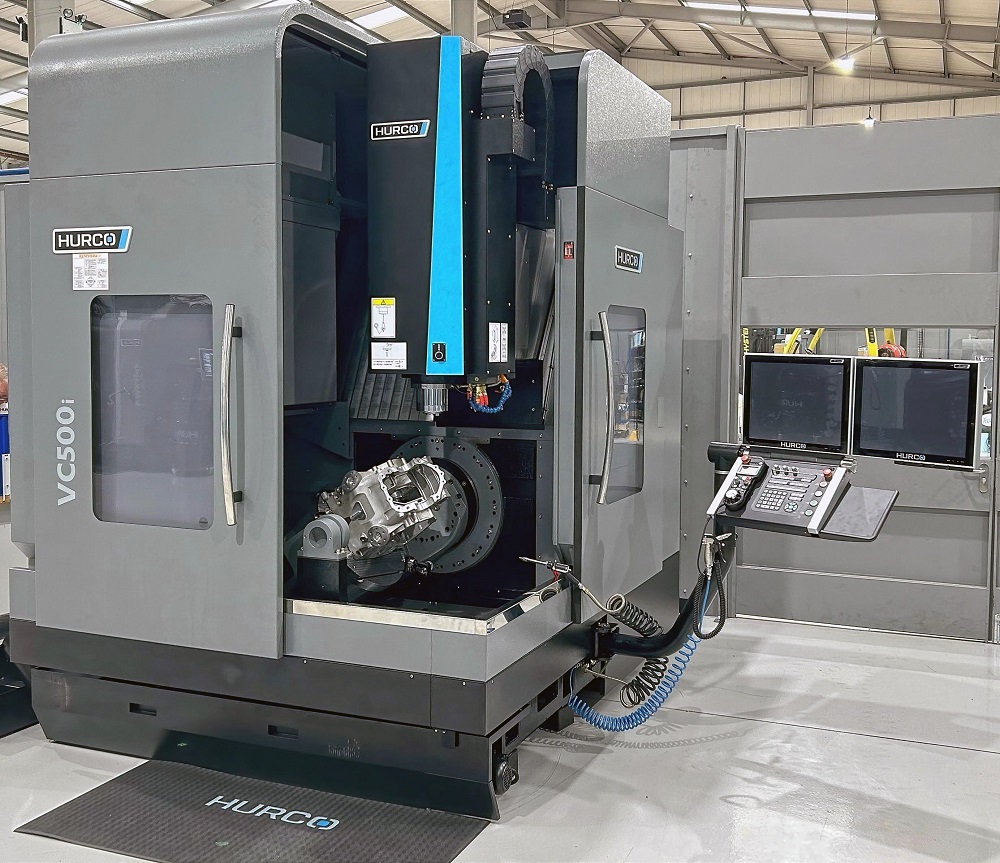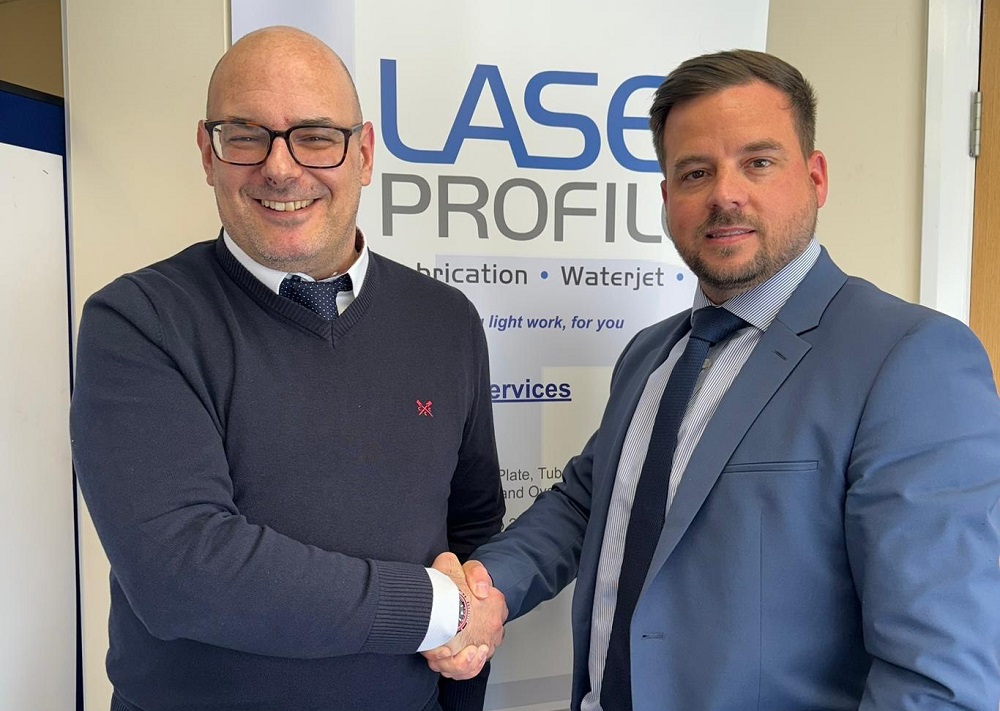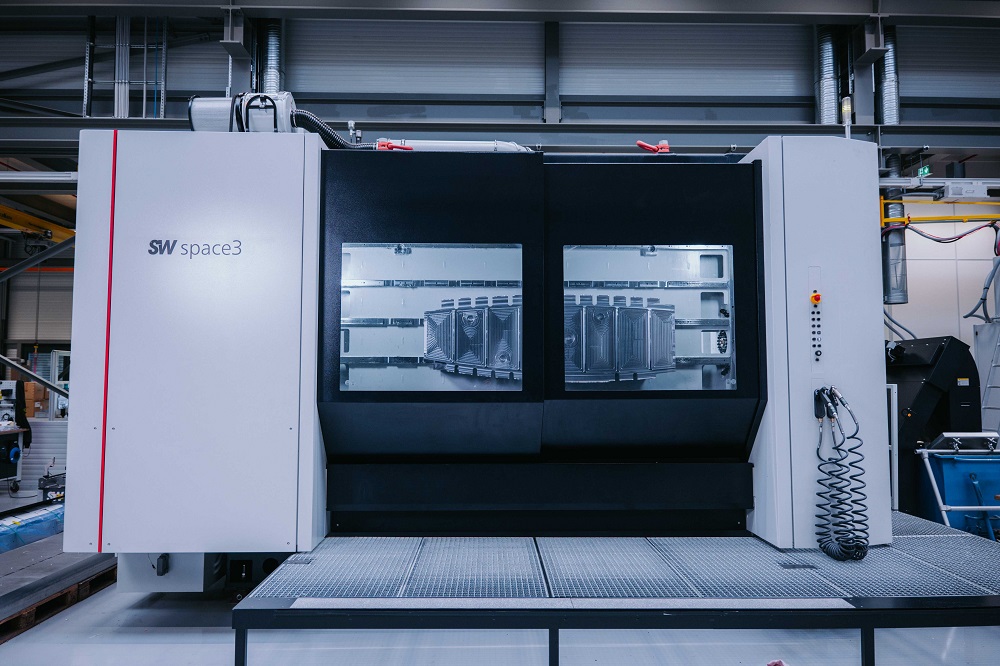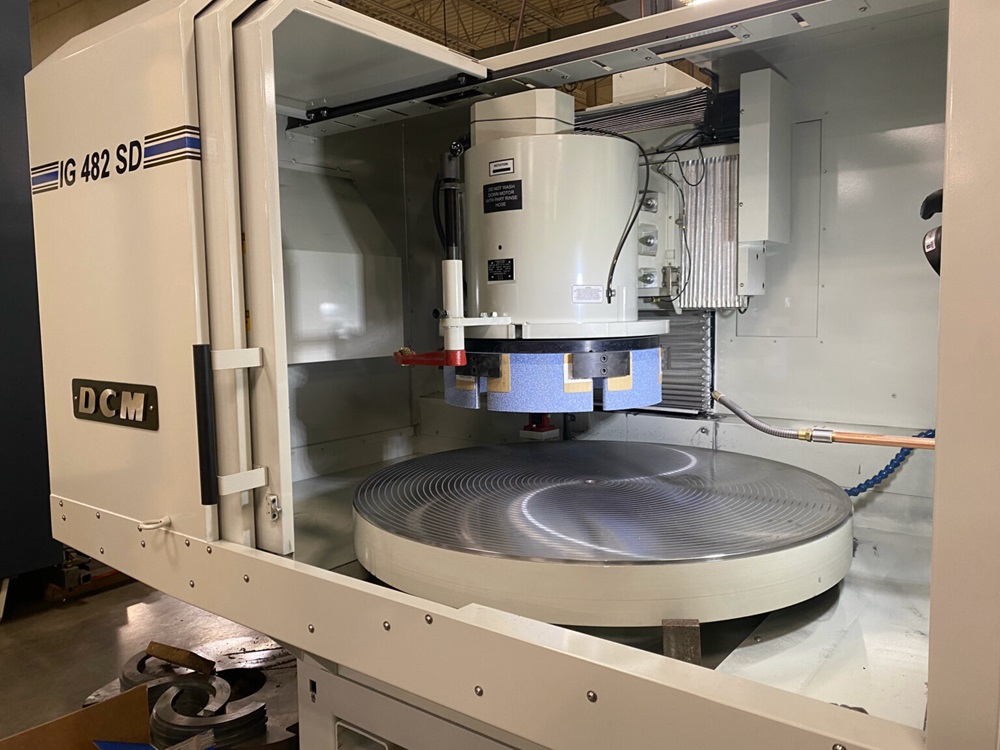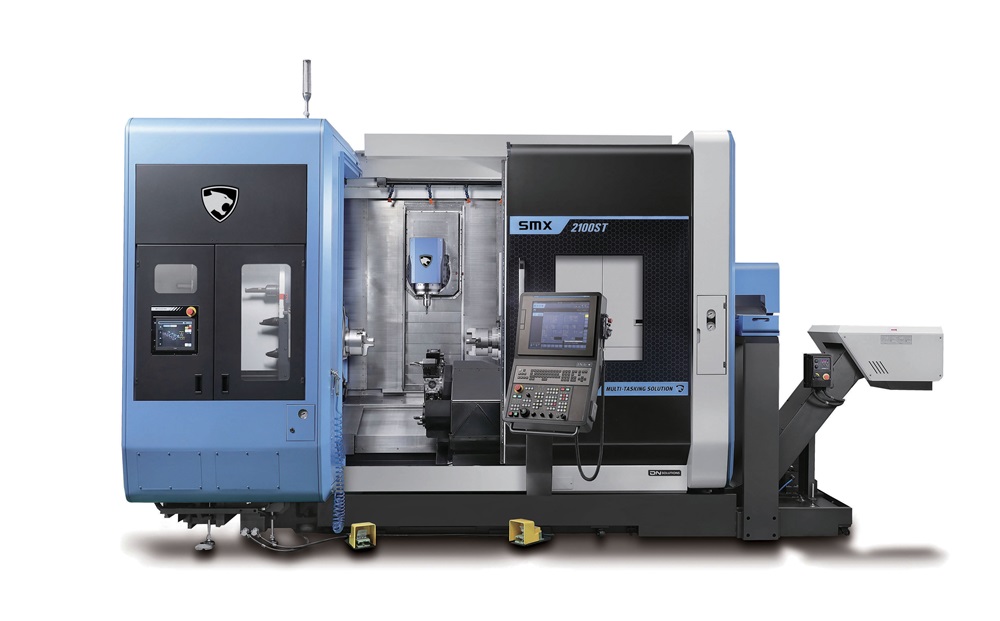Schwäbische Werkzeugmaschinen (SW) will present two innovations at the AMB 2024 exhibition in Stuttgart on 10-14 September. For the first time, the company will provide insights into the efficient production of large parts for the aerospace industry and giga-castings with the BA space3-22 on stand 10B51 in hall 10. In addition, this specialist in multi-spindle machining centres will present the world’s first machining centre for multi-spindle power skiving, the BA W06-21.
With the introduction of the multi-spindle BA space3-22, SW says it is setting standards in the efficient production of large and complex components. “The BA space3-22 combines precision with short machining times for demanding components, such as those involved in the giga-casting of large components in the field of e-mobility,” explains André Harter, head of marketing and business development at SW. “We have thus further advanced the paradigm shift towards e-mobility and established ourselves as a pioneer in the machining of complex components such as battery housings.”
The BA space3-22 is for the precise machining of large light metal workpieces and offers maximum flexibility thanks to two independent three-axis units in box-in-box design, optionally with five-axis machining. For large parts, both spindles can work simultaneously on a workpiece and change tools independently. At AMB, SW will demonstrate the versatility of the BA space3-22 with an underbody for an automotive supplier and wing ribs for an aircraft body.
With the BA W06-21, SW is presenting another world first at the booth. “The BA W06-21 with power skiving technology reduces production time by up to 50% compared to conventional processes,” explains Patrick Schneider, product manager at SW. “Thanks to multi-spindle machining in a single set-up, we achieve maximum production output with maximum flexibility.”
More informationwww.sw-machines.com/en






